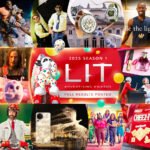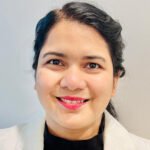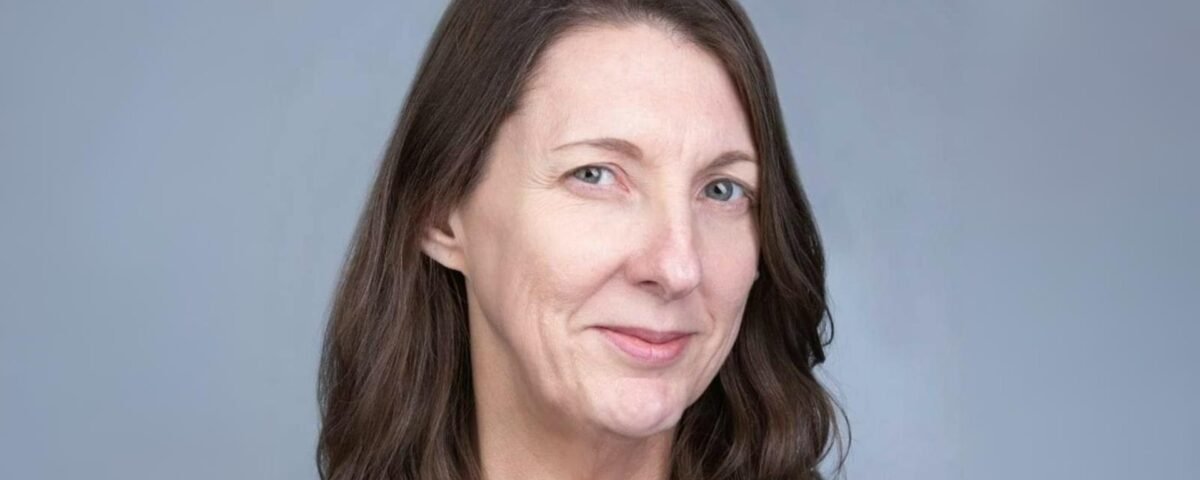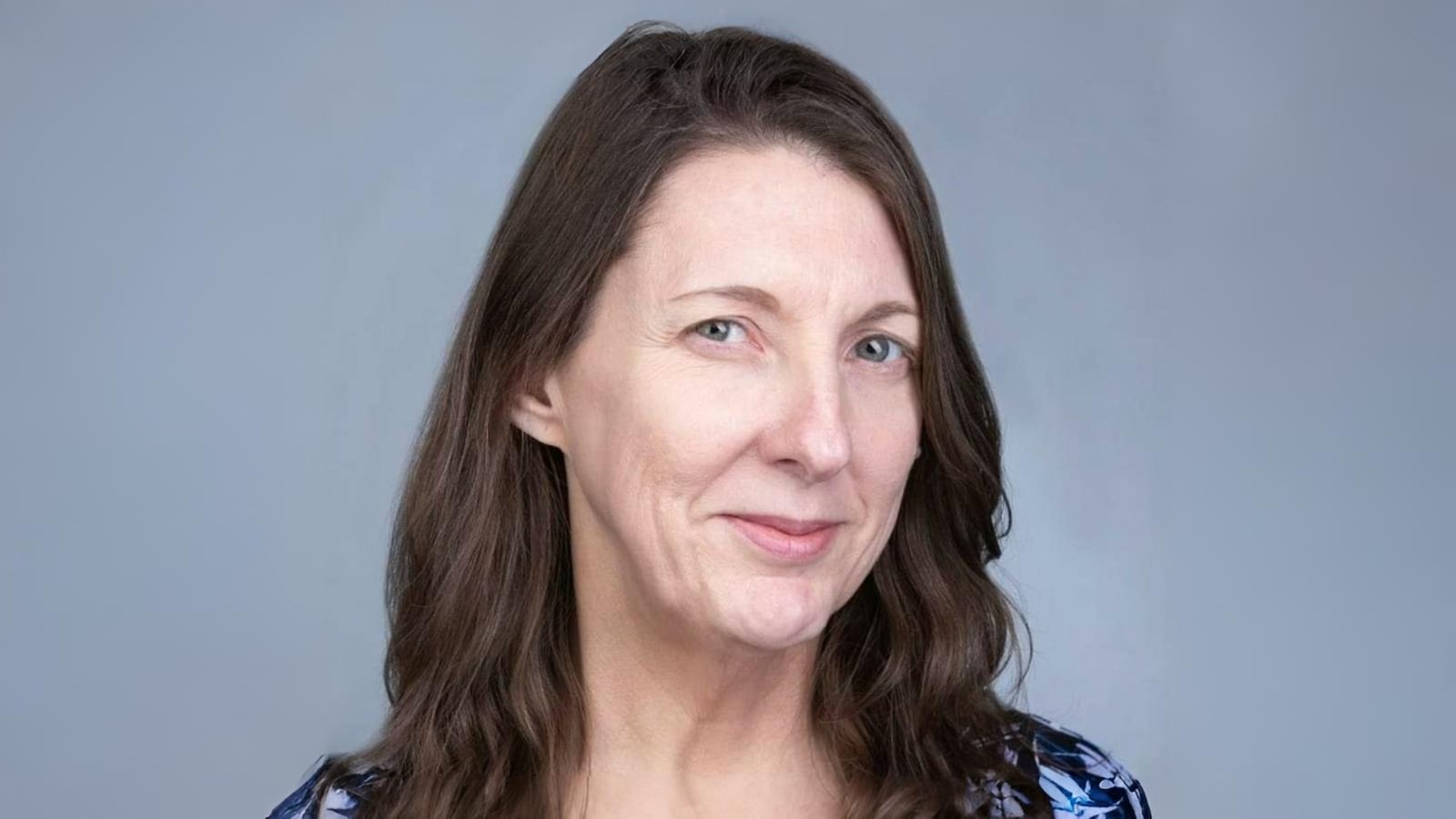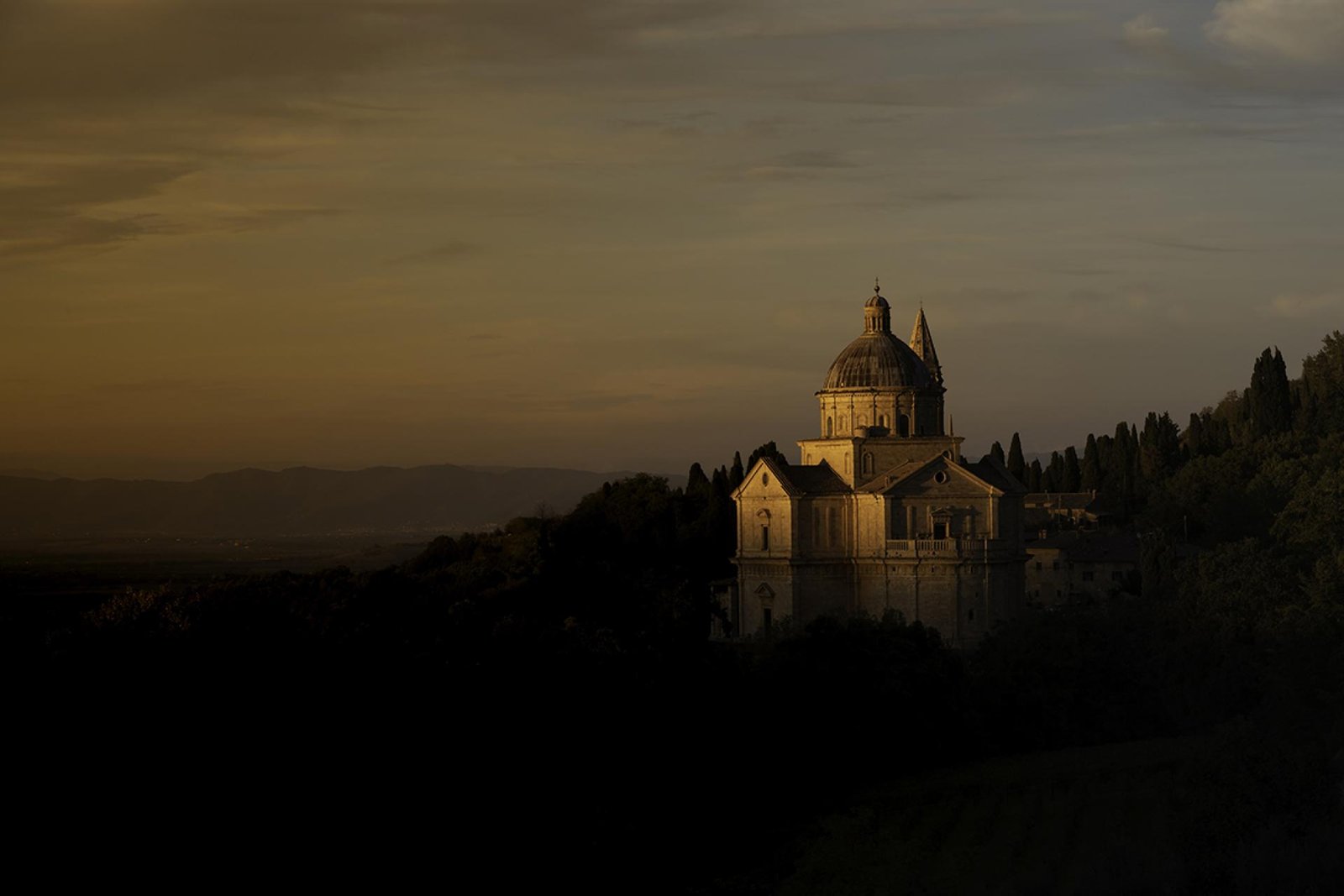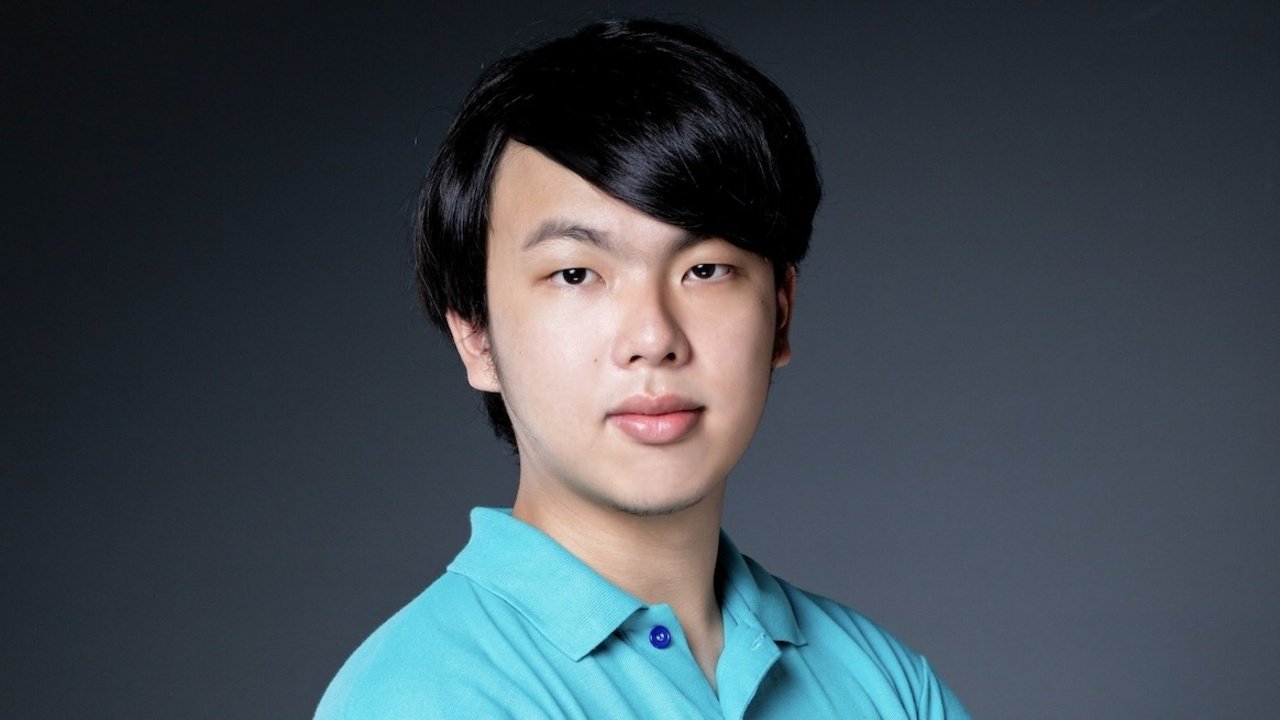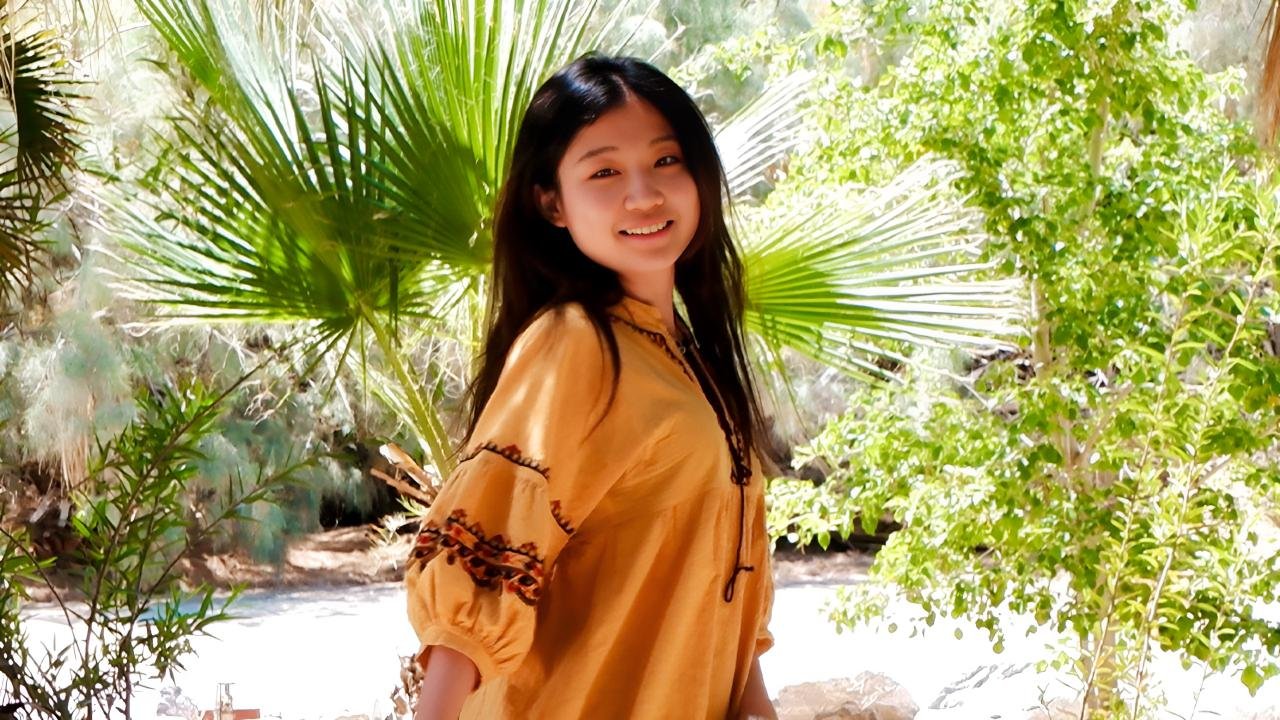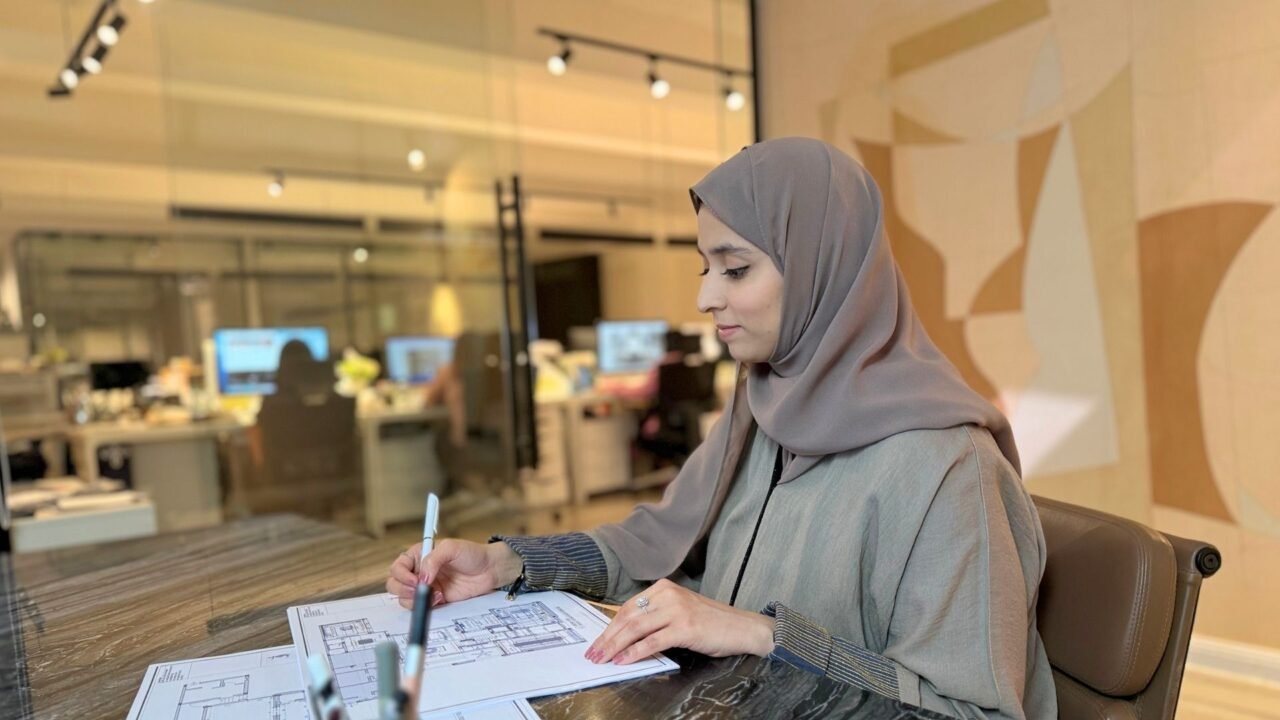1Congratulations on winning in the London Photography Awards! Can you share a little about yourself, what inspired you to pursue photography, and how has your journey evolved since your first shot?
The first camera I ever used was a film and some flash bulbs. It was at a family gathering, I was seven years old. After the temporary blindness wore off from the flash, I continued until the roll was full and we were out of bulbs.
We were quite poor, so buying more film was a rare treat. As photography popularity grew, cameras became increasingly common and easier to afford, at least for a Kodak or Polaroid camera. I didn’t know there were fancy cameras until I was ten. I saved my money from washing dishes in the school cafeteria to buy a Canon AE-1.
It was my sixteenth birthday. I had no formal training, just the manual and a lot of guesswork. Before my eighteenth birthday, the camera was broken beyond repair by one of my high school teachers. I was unable to replace it for years.
2Can you share the story or inspiration behind your award-winning piece? How does winning this award make you feel about your journey in photography?
Sunset at San Biagio - what an incredible afternoon. I stood at the edge of the road, trying to not get hit by a car. I set up my tripod and waited for the beautiful light. After that shot, I knew what I needed to do as a photographer: wait for the light. This award was a great honour and a real boost to my mindset.
3How do you decide which photo to submit for a competition?
I believed in this photo from the moment I took it. I knew it was the best in my career, so far.
4What first made you pick up a camera?
My mother needed a picture taken at a family event, and I volunteered. I didn’t like being on the front side of the camera.
5What’s your favorite type of photography, and why do you love it?
My absolute favourite type of photography is macro photography. It has opened up the world of insects and plants to me. I know more about nature than I ever thought I would learn. I am much calmer around spiders now, thanks to the camera.
6What’s your go-to camera setup, and why does it work best for your projects? What’s your favorite feature?
When I travel, I take one lens, the Canon 24-240. It covers just about everything I want to shoot. I have three Canon cameras, but I don’t travel with the R5. The Canon R5 stays safe at home. I purchased it for macro work. I use the Canon 7D Mark II for wildlife. The Canon EOS R is my go-to for landscapes.
7If someone looked at your work, what’s the one thing you’d want them to feel?
I want people to look at my work and see a world they never imagined, not fantasy, just beautiful and pure.
8What was the most challenging part of capturing your winning shot?
The fast cars driving by and the quickly fading light. Stay safe, but capture the light.
9Is there a specific place or subject that inspires you the most?
My backyard is full of wild and unruly flowers that I’ve planted over the past 30 years. It’s a happy place, full of bees, butterflies and other creatures.
10Who or what has been your biggest influence in photography?
I didn’t have knowledge of other photographers while growing up. It was always just to do it better than the last photo you took. I was in my mid-thirties before I heard of Annie or Ansel.
11What message would you share to inspire photographers to participate in photography awards, and what advice would you give to help them excel in the competition?
Believe in your work. You are good enough. Keep going! Do what you love! Don’t get carried away with all the processing and AI. Keep it natural and timeless.
12What’s one piece of advice for someone just starting in photography?
Know what your camera can do. Get it right in camera, and you don’t need post-processing. Take classes on photography, modelling, botany, entomology, or whatever you want to photograph.
13What role do editing and post-processing play in your creative workflow?
I try to avoid it as much as possible. Get it right in the camera.
14How do you see technology, like AI, influencing the future of photography and your own approach?
AI still needs a lot of improvement. As a photographer, I like to keep my photography natural and whole. As an artist, AI has some fun options. If you use AI with photography, own it.
15If you could photograph anything or anyone in the world, what would it be?
I would love to be able to afford an underwater setup. I want to swim alongside a whale shark and take a thousand photos.
